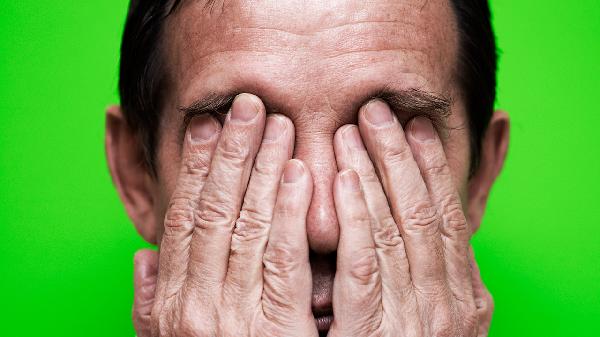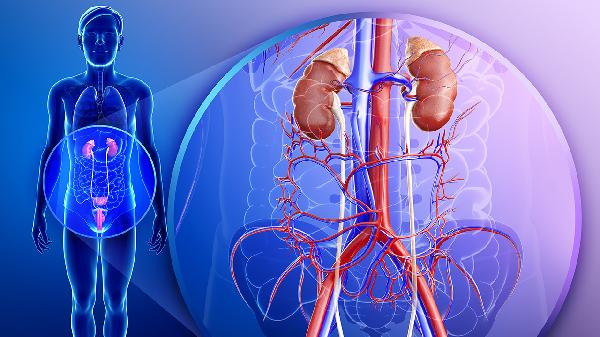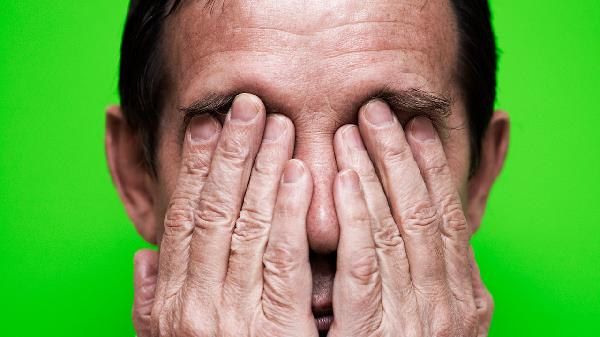Alzheimer's disease primarily affects individuals over the age of 70, and its occurrence is partly due to genetic inheritance. In addition to genetic factors, it is also associated with head trauma. If someone has suffered a brain injury, they should take precautions to avoid developing Alzheimer's. Elderly individuals who develop this disease not only face impacts on their physical and mental health but also on their daily lives. So, do Alzheimer's patients suddenly experience excessive sleepiness? What is the progression of excessive sleepiness in Alzheimer's?

When Alzheimer's disease occurs, the body exhibits many symptoms, and these symptoms vary depending on the stage of the illness. In the early stages of Alzheimer's, individuals may notice simple memory loss, with a pronounced forgetfulness about certain things. As the condition worsens and progresses to the second stage—which is between 2 to 10 years after the onset of the disease—there is a decline in spatial cognitive abilities, and symptoms such as sudden excessive sleepiness may appear. Alzheimer's patients can indeed experience sudden sleepiness. This occurs when the disease has progressed to a certain extent, causing damage to the nerves and leading the body to enter a state of sleep. Sudden sleepiness in Alzheimer's patients must be treated promptly because some patients, if they fall into a deep sleep suddenly, may risk passing away in their sleep. In the second stage of Alzheimer's, it is crucial to be prepared in all aspects, especially paying close attention to the patient's behavior, as elderly individuals at this stage are prone to getting lost and may wander off.
Alzheimer's patients can experience sudden sleepiness, and this occurrence is related to the disease affecting the brain's nerves, causing significant impairment in the body's functions and leading to a sleep-like state. Therefore, in daily life, it is essential to take preventive measures against this disease seriously, especially if someone in the family has been affected by it. So, how should Alzheimer's be treated?
1. Medication Treatment: Individuals can choose to take certain anti-anxiety, anti-depressant, or anti-psychotic medications. These drugs can help alleviate some of the symptoms of Alzheimer's and regulate mood.
2. Timely Brain Nutrition Supplementation: The development of Alzheimer's is somewhat linked to a lack of brain nutrition. People can opt to take brain health supplements that support cognitive function to enhance brain activity.
The occurrence of Alzheimer's disease has a significant impact on society. Many patients may be at risk of getting lost, which affects entire families. Therefore, the elderly must take preventive measures against this disease seriously, especially those who have previously suffered from brain injuries.
























